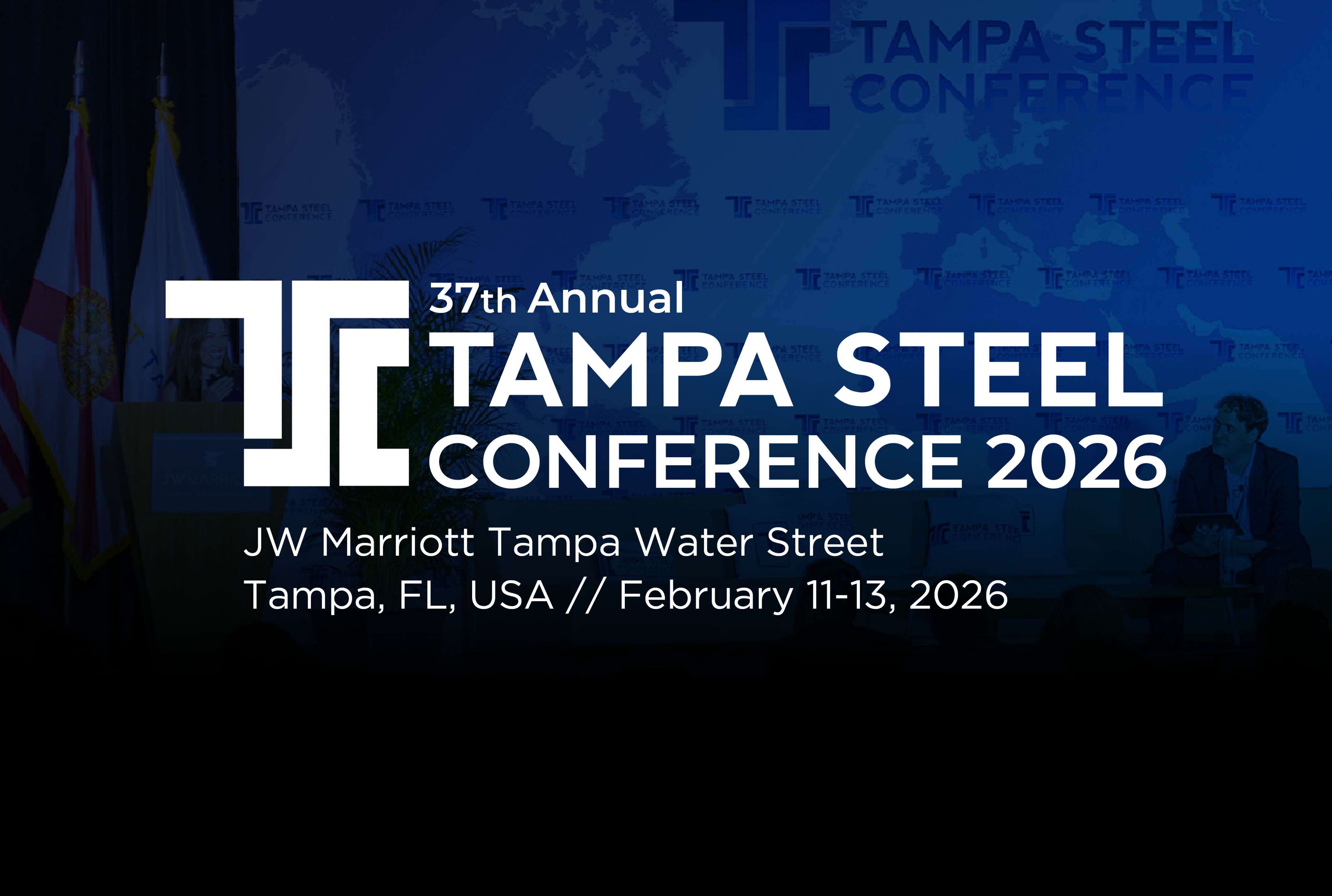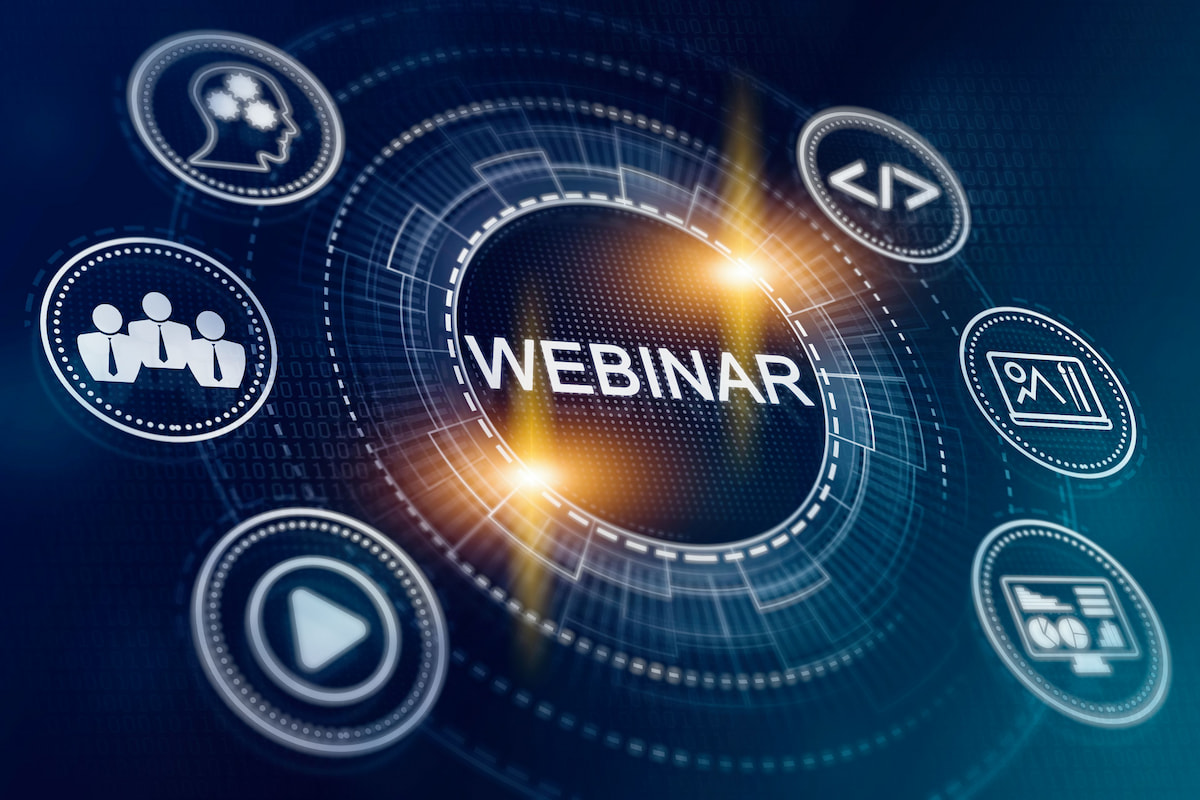Community Events

July 2, 2023
Leibowitz: Commerce Secretary Extols Virtues of International Trade
Written by Lewis Leibowitz
Occasionally, a story jolts you awake. You realize how much things have changed—once, a pro-trade remark from a senior government official was routine. Now, it is remarkable.
Last week the President’s Export Council (PEC), an advisory group currently chaired by Mark Ein of Kastle Systems, met for the first time since the Obama administration. The Trump and, until last week, Biden administrations obviously had other things to think about besides trade promotion. The meeting coincided with the release of the National Export Strategy by the Commerce Department.

The PEC bills itself as the “principal national advisory committee on international trade.” While the name signifies concentration on promoting US exports, it is obvious that export promotion requires US industry and services to be internationally competitive. Trade protection (high tariffs and other restrictions on US imports) are not helpful in promoting international competitiveness.
The PEC opening statement of Secretary of Commerce, Gina Raimondo, made news in trade circles because she stated that trade was essentially good and positive for the country. It was “a shame,” she said, “that we haven’t convened in seven years because trade is important and underpins so many jobs in America and America’s place in the world.”
The Secretary went on to say that “there’s a lot of folks who are questioning trade, right? Are these trade agreements a good idea? What is the right look for a free trade agreement?”, she added. “Now, if you believe as I do that trade is essential, we can’t cut off the world, trade underpins jobs, but we have to take into account labor and environment, then this group matters more than ever.”
We haven’t heard such an endorsement of the value of trade for many years. Raimondo was saying that the PEC, as the principal advisory group on international trade policy, needed to be active in supporting international trade as a force for progress.
Other administration officials, building on the Indo-Pacific Economic Framework’s mantra of working on economic issues other than reducing tariffs, are saying that developing countries should not be asking for increased market access into the United States because there are other issues that are more important (e.g., labor rights, climate change, and multilateral lending institutions like the World Bank, to name a few). So far, this argument has met silence or puzzled looks from US trade partners.
To be fair, the endorsement of trade expansion from Secretary Raimondo included reference to labor and environmental issues that must be addressed. These are not the only issues that need addressing. But, like many controversial subjects, open trade without any conditions is not going to be popular. Inclusion and equity are also important. So, striking the proper balance is important.
That, to me, is why Raimondo’s statement resonates. It acknowledges that the US government must balance competing priorities to make progress, but, for the first time, a senior administration official clearly stated that trade was “essential.” In other words, the promotion of expanded trade, especially exports, was a priority to be balanced with other important considerations.
Hear, Hear!!
Over the last few years, the consistency of the Biden trade policy and the tools employed by the previous administration was remarkable. A new book written by Robert Lighthizer, the Trump administration Trade Representative, took a victory lap on that very point. Claiming that “the tides have changed in this country’s trade policy,” Ambassador Lighthizer believes that the changes he implemented are “irreversible.”
Time will tell, of course. An important point to remember is that the PEC did not meet during Trump’s four years, reflecting a reality that the protectionism Trump espoused conflicts with export promotion. And it is also incompatible with any notion of the United States remaining (or becoming) competitive in international markets.
The Trump policies flipped Republican orthodoxy on trade expansion, to be sure. And it was a politically positive move. Over time, however, imports have reduced inflation and increased the competitive muscle of downstream “consuming industries” in the United States. If the Trump measures endure, the results could be negative for the US economy.
Presumably, Raimondo was authorized to say something nice about international trade in her remarks to the PEC. The next few months could enlighten all of us about what issues that need to be balanced against trade expansion to serve competing principles (environment, labor, getting re-elected in 2024, etc.). Climate change, a key component of environment, is generating a host of proposals, as I’ve mentioned in previous columns. No doubt, this is an important issue.
Are there actions the Federal government could take that would promote international trade while also addressing climate? Or are trade restrictions the only answers. Initiatives in the WTO to facilitate international trade in renewable energy equipment have already been proposed. So, with an eye toward making the global system more amenable to new technologies, there could be progress on both trade and other priorities. Maybe I am reading too much into Secretary Raimondo’s remarks last week—but I hope not.
Stay tuned.
Lewis Leibowitz
The Law Office of Lewis E. Leibowitz
5335 Wisconsin Avenue, N.W., Suite 440
Washington, D.C. 20015
Phone: (202) 617-2675
Mobile: (202) 250-1551
E-mail: lewis.leibowitz@lellawoffice.com






